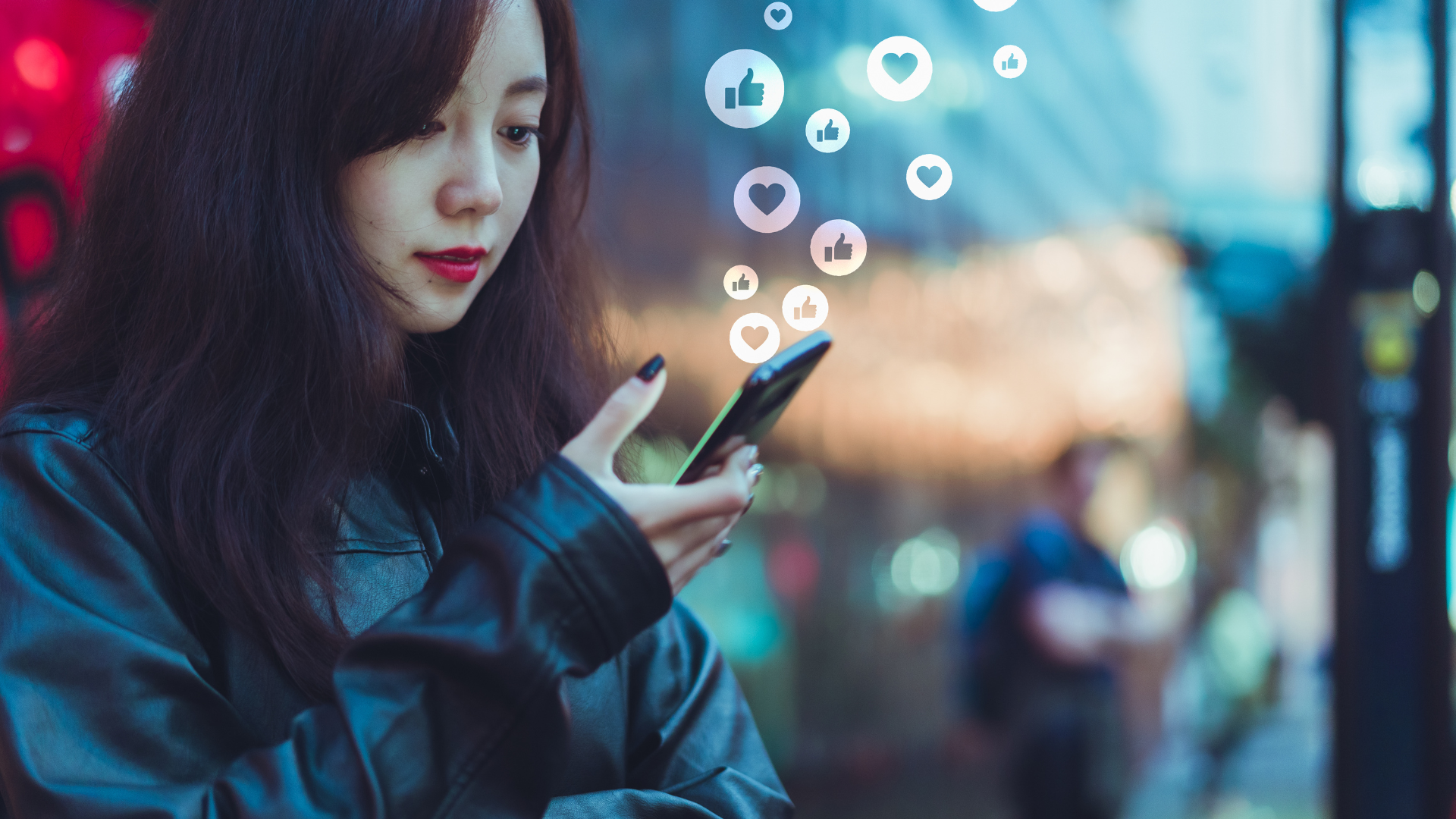Social media is a ubiquitous part of our daily routines, yet rarely do we stop to consider what role it actually plays in our workday. In today’s technologically driven society, most jobs involve some type of communication, whether through writing, typing, speaking, or texting. While the ways we have to communicate have evolved with time, the main premise remains the same: we communicate to convey information. But in a technology-driven world, this basic concept is evolving rapidly.
Social Media Can Help Improve People’s Learning Experiences and Social Connections
The impact of social media on people’s health literacy has certainly been proven. Facebook, Twitter, Instagram, and Snapchat are all popular ways to socialize online. While it can also be a quick escape or a way to feel connected to other people, social networking can enhance learning as well.
Social Media Provides Mentorship, Collaboration, And Professional Networking
Social media provides opportunities to connect and collaborate with people that we may not otherwise meet. This is also valuable when seeking mentorship. Learning how to use social media now effectively can help develop the skills and attitude required to teach students how to leverage these tools to generate income, engage in learning and discover the meaning of life!
Social Media Sites Encourage Social Interactions and Help People Learn New Things
Social media has become a staple of modern life. We rely on it daily, whether it’s for planning our day, sharing photos and news, or browsing the web. It’s also become an integral part of education. Internet and sites like Twitter, Facebook, Instagram, YouTube, and Vimeo have changed how we learn. While they can’t replace face-to-face interactions, they offer new tools for our classrooms and learning environments, helping us communicate, collaborate, and socialize.
Social Media Helps Learners to Self-Monitor Their Educational Progress
Social media has been a disruptive force that has changed practically every industry. With apps and services popping up everywhere, people from students to teachers can stay connected. This digital communication platform can also help students. However, not all social media tools are the same.
Social Media Boosts Motivation, Self-Esteem, And Self-Efficacy
Social networks are especially important for those who lack access to high-quality mentors for their coursework, and research shows social media can bridge that gap. Social media also boosts motivation, self-esteem, and self-efficacy, contributing to academic achievement.
Social Media Tools Can Help Educators Create Effective, Interactive Lessons
Creating appropriate and engaging lessons for students is essential for improving learning outcomes. Teachers are always looking for ways to make lessons more engaging for students. Social media tools are widely available for educators who want to make learning more collaborative and interactive for their students. While using these tools, educators can collaborate with other educators that share a common interest in finding appropriate tools, activities, and resources to enhance learning. Teachers can also find and create resources that can be shared in their classrooms.
Social Media Tools Can Help Educators Post and Share Educational Content
Educators can use social media tools to facilitate learning. The platforms are much more than a place where people exchange silly cat videos or photos of their vacation. Educators can use social media tools to facilitate learning. If you’ve worked in the field of education, it doesn’t matter what year you started out; technology is transforming the way we teach and learn. There are even firms like Nick Laiuppa Marketing (nicklaiuppa.com) dedicated to helping private schools build and maintain an online presence with educational content to appeal to potential students. Not so long ago, you were at the mercy of textbooks, lectures, and good old-fashioned chalk-and-talk. But a significant portion of teaching relies on technology these days, and with that comes various tools that can help improve learning outcomes.
This theory, supported by research, suggests that social media has certain qualities conducive to learning. A user with a greater ability to compare, contrast and synthesize stimuli can transfer what they have learned to new experiences, such as playing a video game. They can use this information to do better in video games.

